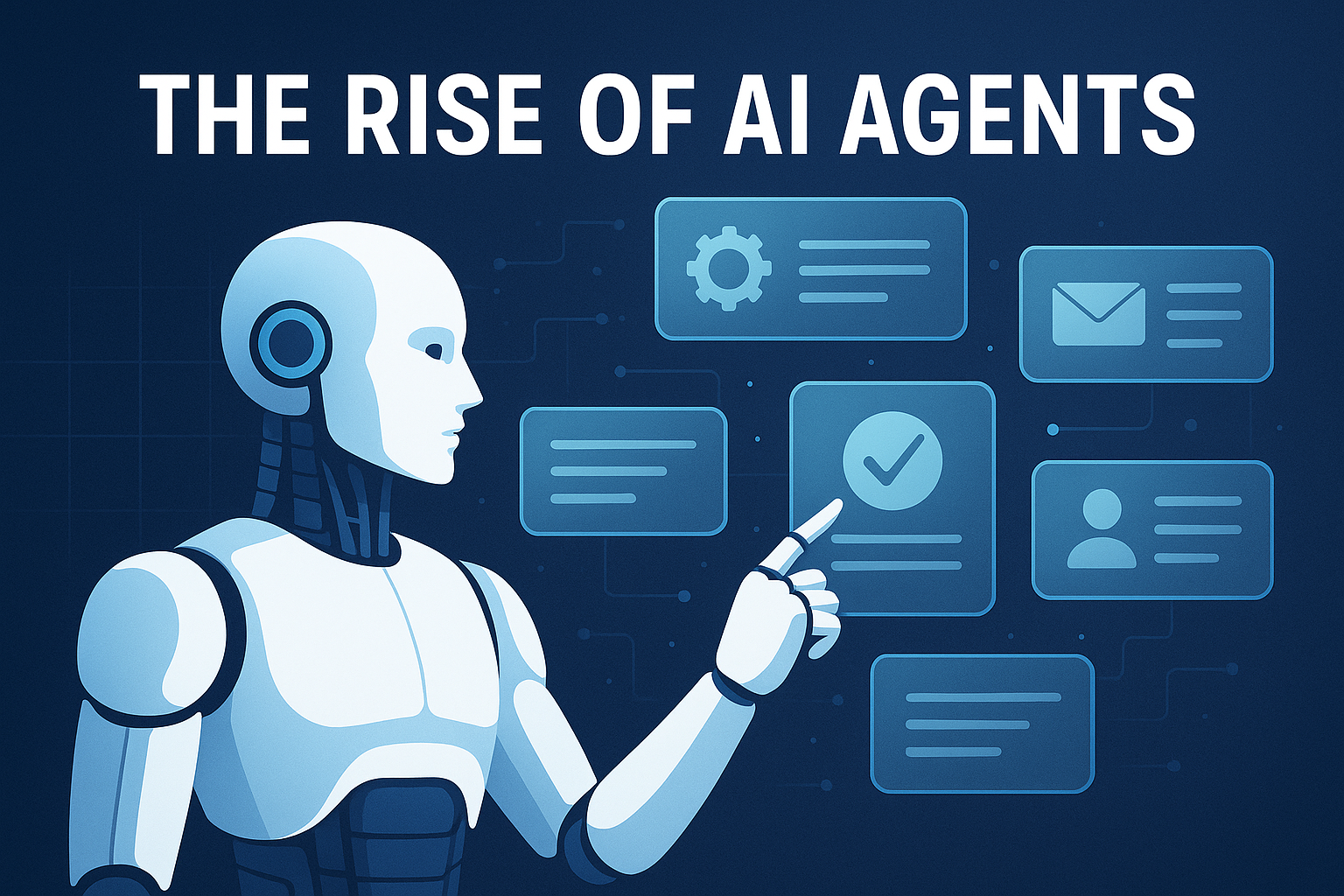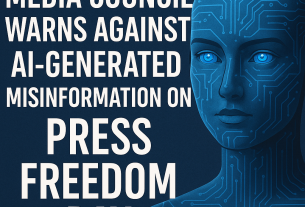Artificial Intelligence (AI) continues to evolve, but 2025 has marked a turning point with the rapid emergence of autonomous AI agents — systems capable of planning and executing complex tasks with minimal human input. Unlike traditional AI tools that require specific prompts, these agents can reason, make decisions, and adapt to changing contexts across various industries.
Major tech companies like OpenAI, Google, and Meta are competing in the development of AI agents for both personal and enterprise use. From AI customer service representatives to automated project managers, these tools are proving capable of streamlining workflows, improving efficiency, and even outperforming human workers in some repetitive or data-driven tasks.
One standout example is GPT-based task agents, which are now being integrated into everyday applications like email, spreadsheets, and CRM systems. These agents can schedule meetings, draft reports, analyze sales trends, and suggest business strategies—all autonomously.
Despite the enthusiasm, this technology raises concerns about job displacement, ethical decision-making, and data privacy. Governments and institutions are now being urged to implement policies that ensure responsible use, while educational systems are being restructured to focus on skills that complement AI rather than compete with it.
As AI agents become more integrated into our lives, the question isn’t whether they will be part of our daily routines, but how we adapt to work alongside them.



